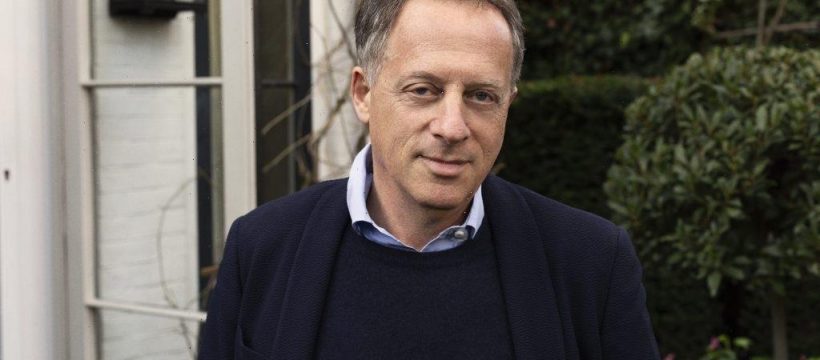The BBC’s board has launched an investigation into the British broadcaster’s editorial culture and practices following last week’s damning inquiry into a 1995 Princess Diana interview.
In a statement on Monday, the board said Lord Dyson’s report had been “profoundly sobering” after it concluded that former reporter Martin Bashir deceived his way into securing the Princess Diana interview via fake bank statements, and the BBC subsequently failed to properly investigate his wrongdoing.
The new investigation will be undertaken by non-executive directors Sir Nick Serota, Ian Hargreaves, and Sir Robbie Gibb, who oversees the BBC’s editorial guidelines and standards committee. It will report back by September.
“We have confidence that the processes and guidelines in today’s BBC are much stronger than they were in 1995, but we know we must also do what we can to prevent such an incident happening again. As such, we think it is right that we review the effectiveness of the BBC’s editorial policies and governance in detail,” the board said in a statement.
“In doing this, the board will hold the executive to account to ensure there are strong day to day editorial processes and a clear route by which to handle any specific issues arising from Lord Dyson’s report. The board will look at the culture of the BBC as part of its remit to assess the effectiveness of policies and practice.”
Speaking to BBC Radio 4 following the announcement, BBC chairman Richard Sharp said the review will be broad in scope and consider issues including why Bashir was rehired in 2016 after management, not least former director general Tony Hall, were aware of his role in the Princess Diana Panorama interview.
The BBC is also facing questions as to why Bashir was allowed to resign before Dyson’s inquiry reported. Officially, he left the BBC for health reasons. Sharp would not be drawn on specifics, arguing that it is a matter for director general Tim Davie, but said: “I take comfort from the fact that Martin Bashir is no longer here.”
Sharp, who became BBC chairman in February, said people have raised concerns to him that the BBC has “suffered from a bit of groupthink” culturally. It follows comments from culture secretary Oliver Dowden, who said this morning that the BBC is guilty of having a “we know best” attitude, which can result in a “lack of challenge and poor decision making.”
Read More About:
Source: Read Full Article
